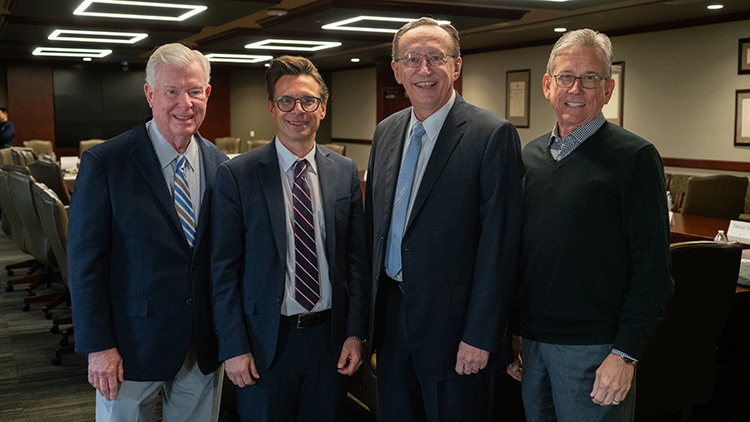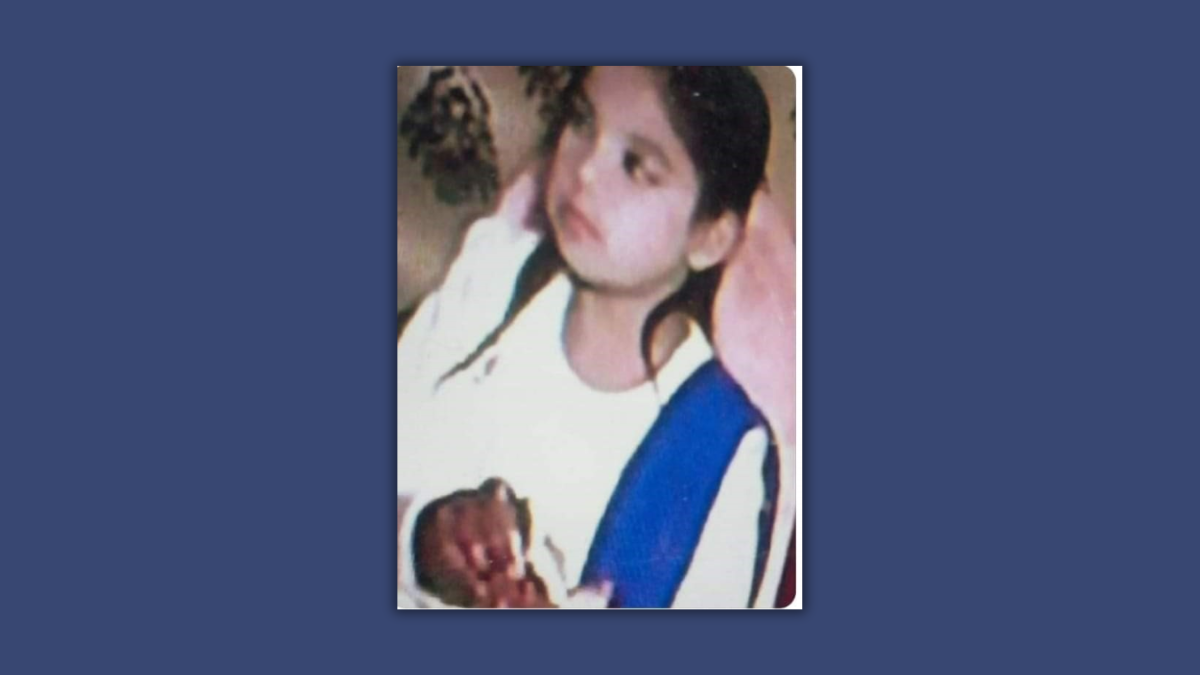I AM THE BREAD
John 6:26–40
Servers at some restaurants greet patrons with piping hot bread. What’s better than hot bread slathered in butter? Americans like their bread. Middle Easterners in Jesus’ day did too.
John 6 records how Jesus utilized bread as an object lesson. He multiplied the loaves and fishes to feed thousands. His assertion, “I am the Bread of Life,” anchors this lesson’s passage. Observe how He taught that, like bread, He sustains lives. But He sustains them in a different way.
Wants? (26–29)
Crowds pursued Jesus after He fed the 5,000. He perceived their insincere motives. They craved more food when hunger struck again. The people saw the miracle but failed to comprehend its meaning. The Jews sought a Messiah to distribute food, peace and material prosperity. Jesus shunned that perception. Are you guilty of a shallow view of God that expects Him to meet your selfish requests?
Jesus directed people to spiritual food that produces eternal life and sustains permanently. Physical appetite must be fed continually. The people thought of physical bread, while Jesus meant spiritual bread.
The hearers asked how they could “perform the works of God.” Jews didn’t factor grace into their relationship with God. Judaism required works to earn a place with God. Jesus contradicted their perverted theology. He emphasized their need to believe in Him. Faith requires an open heart that allows God to initiate a new beginning resulting in obedience.
Manna (30–34)
The people requested a sign to convince them to believe. They remained stuck on the earthly level. The hearers pointed to the wilderness manna as a sign
(Ps. 78:24). Tradition mandated the Messiah would replicate the manna miracle.
Jesus corrected Jewish misconceptions. First, Moses didn’t give manna. The Father did. Second, manna never conferred eternal life. As bread from God, Jesus gives permanent eternal life. Jesus attempted to raise them from the physical level. He identified Himself as the Bread that came from heaven to earth.
The hard-headed hearers liked the idea of perpetual bread. It meant no more daily purchases or baking. Their desires resembled those of the woman at the well. She asked for living water to rescue her from hauling water daily.
Satisfied (35–40)
Jesus invited the people to accept the living bread. He boldly stated “I am” that bread. His bread sustains spiritually and eternally. They wanted no more physical hunger. Jesus satisfies with eternal life. He welcomes every person, but rejection remains a choice. Jesus never loses those who believe in Him. He provides a permanent salvation supply.
Jesus accomplished all God asked of Him. He died and made resurrection to a new life available to all. God’s plan for humanity reaches beyond the grave to eternal life. Death can’t compete with God. He wants all to see His Son with spiritual eyes.
You may experience physical hunger. But you need not hunger spiritually. Find life worth living now and always when you partake of Jesus’ life-giving bread.
By Darryl Wood
Retired pastor, current hospice chaplain and interim pastor








